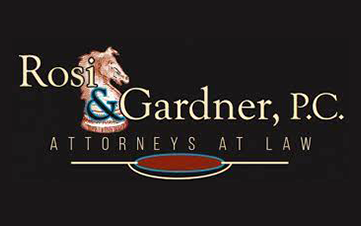Does the First Amendment protect Fake News?
During a briefing last December, a reporter asked White House Press Secretary Josh Earnest why the Obama administration hadn’t “done anything” about fake news on social media. Over and over again, Mr. Earnest reminded the reporter of the free speech protections contained in the First Amendment of the U.S. Constitution: “Congress shall make no law . . . abridging the freedom of speech, or of the press.”
In recent years, and especially during the last presidential cycle, fake news internet sites (also referred to as “hoax news”) have proliferated at an alarming pace. Unlike satirical publications like The Onion, fake news sources aim to spread misinformation and conspiracy theories, rather than to humor and entertain.
Politics aside, the fake news model is veritably profitable. Generating well-researched news stories is more expensive than writing fiction. Yet in the months immediately preceding the last election, the top fake election-related news stories generated more engagement (“clicks”) than the top election-related stories from major news outlets. Interviews with editors from fake news internet sites indicate that their advertising revenues rose accordingly, to the ballpark of $10,000 to $30,000 a month. Meanwhile, less than one third of Americans have at least “a fair amount” of trust and confidence in the mass media to report the news fully, accurately, and fairly. Taken together, it is difficult not to label these concurrent developments as a “problem.” But can the government do something about it?
Like all constitutional protections, the right to free speech is not absolute. The government may impose restrictions on speech, so long as those restrictions are “narrowly tailored” and “further a substantial government interest” (think of FCC regulations on what may or may not be uttered or shown on national television before a certain time of the night).
Moreover, the First Amendment does not protect “incitement to imminent lawless action” or “fighting words that tend to incite an immediate breach of the peace,” and it also does not protect liars from being sued for libel/slander/defamation by an aggrieved private party. Likewise, the government may abridge the right to free speech and expression by imposing prohibitions on child pornography, and limitations on “obscenity” and on commercial speech (such as laws against false or misleading advertising).
There is more: intellectual property rights (like copyrights and trademarks) and exclusive broadcasting rights are allowable infringements on speech. And when the government itself is the speaker, it may of course restrict what message is conveyed.
But none of these existing exceptions to free speech allow the government to restrict the flow of “fake news.” Instead, most experts suggest that the regulation of fake news stories must come from the non-governmental platforms where they circulate, such as Facebook and Google. Unlike the government, these platforms are free to moderate and censor what is published and shared.
The scary corollary: we would then be relying on corporations like Facebook and Google to unilaterally discern veritable journalism from fake “clickbait.”
Rosi & Gardner, P.C.
Latest posts by Rosi & Gardner, P.C. (see all)
- Is Collaborative Divorce the Right Choice for You? Exploring a Path to Amicable Separation - November 29, 2023
- Choosing Harmony: Why Opt for Collaborative Divorce Over Traditional Divorce - August 30, 2023
- Benefits of Mediated Divorce - May 24, 2023
